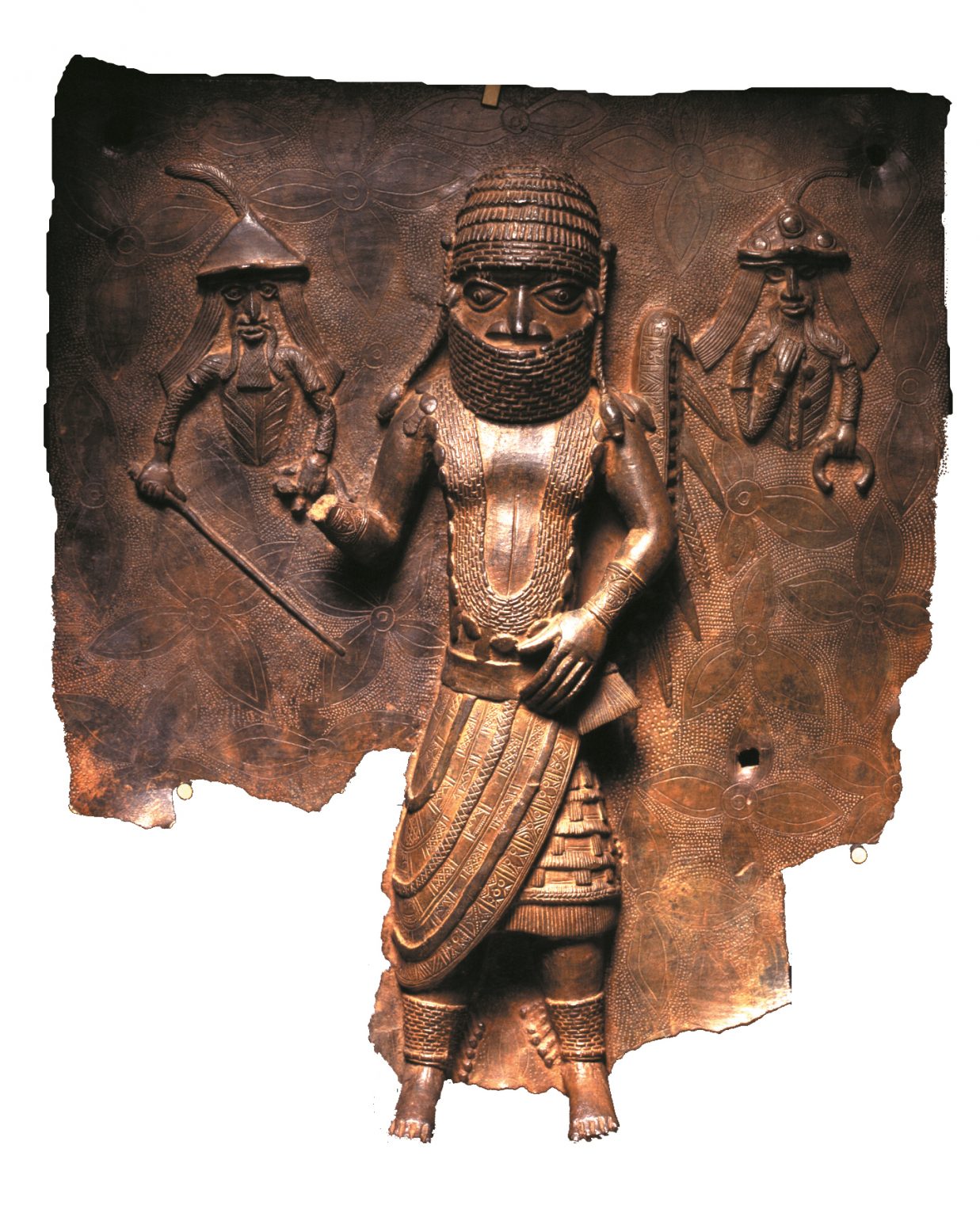Enjoy this article?
Most Museums Journal content is only available to members. Join the MA to get full access to the latest thinking and trends from across the sector, case studies and best practice advice.


The Horniman Museum & Gardens is the latest UK institution to announce that it is returning ownership of its Benin bronze holdings to the Nigerian government.
The south-east London museum confirmed this week that it will hand back 72 objects following a decision by its board of trustees.
The objects were forcibly removed from Benin City during the British punitive expedition of 1897. The include 12 of the brass plaques known as Benin bronzes, along with objects such as a brass cockerel altar piece, ivory and brass ceremonial objects, brass bells, everyday items such as fans and baskets, and what is described as a "key to the king’s palace".
The Horniman received an official repatriation request in January 2022 and undertook detailed research to establish which of its objects from Benin were in the scope of the request. It also considered the views of community members, visitors, schoolchildren, academics, heritage professionals and artists based in Nigeria and the UK.
The Charity Commission endorsed the board’s decision on 5 August.
Abba Tijani, director-general of Nigeria’s National Commission for Museums and Monuments (NCMM), said: “We very much welcome this decision by the trustees of the Horniman Museum & Gardens. Following the endorsement by the Charity Commission, we look forward to a productive discussion on loan agreements and collaborations between the NCMM and the Horniman.”
Eve Salomon, the Horniman’s chair of trustees, said: “The evidence is very clear that these objects were acquired through force, and external consultation supported our view that it is both moral and appropriate to return their ownership to Nigeria. The Horniman is pleased to be able to take this step and we look forward to working with the NCMM to secure longer term care for these precious artefacts.”
The Horniman will now discuss with NCMM the process for the formal transfer of ownership, and the possibility of retaining some objects on loan for display, research and education.
The museum published a policy document last year outlining a formal procedure for requesting the repatriation of items from its collections.
The news comes days after Arts Council England published its long-awaited restitution guidelines, which had not been updated for 22 years. The document, Restitution and Repatriation: A Practical Guide for Museums in England, offers guidelines, best practice and case studies for the museum sector.
Objects looted during the Benin military incursion ended up in around 150 museums across Europe and America. Repatriation of the artefacts is gathering pace.
Earlier this year, museums in Germany transferred 1,100 objects in their collections into Nigeria’s ownership. In the UK, Glasgow Life, the trust that oversees the city’s museums, recently held talks with a delegation from Nigeria to discuss the transfer of its Benin bronze holdings.
Oxford’s Pitt Rivers and Ashmolean museums and Cambridge’s Museum of Archaeology and Anthropology announced last week that they have agreed to return 213 Benin objects. The case, which has been submitted to the Charity Commission for approval, would be the largest return of looted objects from the UK to date.
A new museum, the Edo Museum of West African Art, is being developed in Benin City to house returned artefacts.
Most Museums Journal content is only available to members. Join the MA to get full access to the latest thinking and trends from across the sector, case studies and best practice advice.